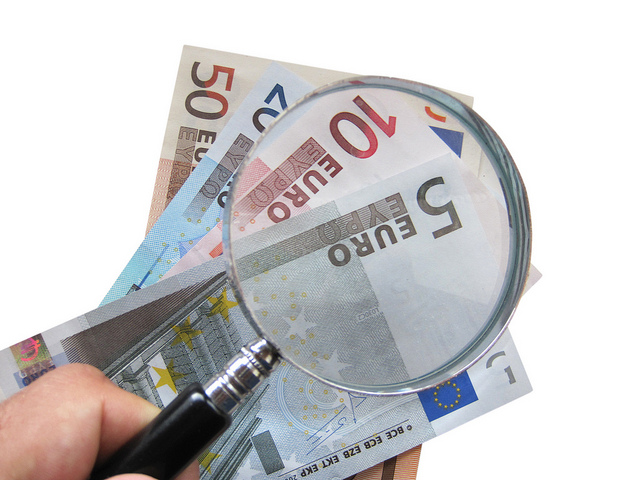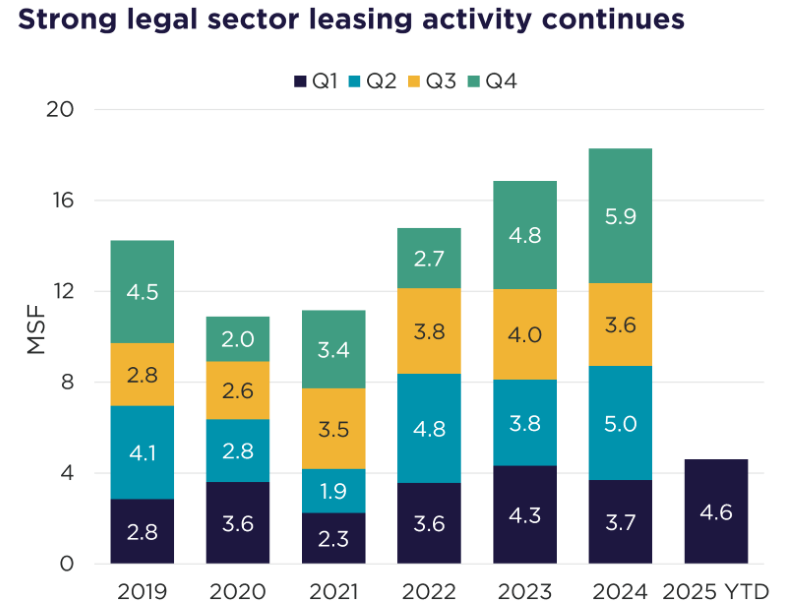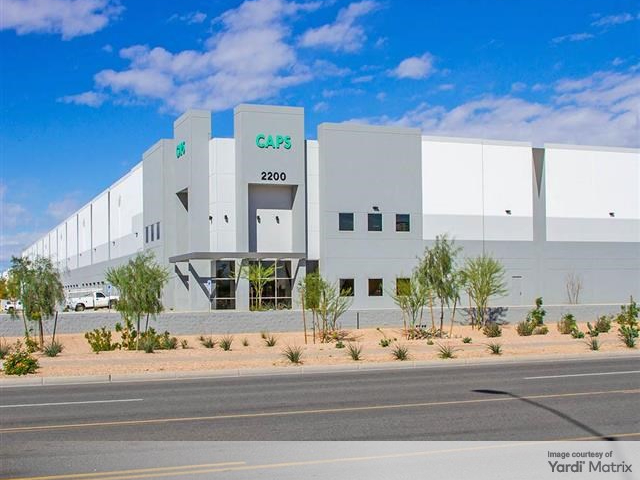Economy Watch: Scrutiny for the Euro Zone’s Finances
Various Euro-zone policymakers met in Washington over the weekend to take a look at the markets, and ECB president Jean-Claude Trichet characterized the situation as very serious.
September 26, 2011
By Dees Stribling, Contributing Editor
Various Euro-zone policymakers, perhaps embarrassed that even U.S. Treasury Secretary Timothy Geithner can take them to task for not dealing with their debt crisis any better than they have, met in Washington over the weekend to hash things out, or at least assure the markets that they are. Of particular interest were ways that the nations of the euro-zone might beef up the existing rescue fund, which has about 440 billion euros now ($590 billion). That sounds like a fair pile of money — TARP-sized, nearly — but sums in the trillions of euros are being bandied about to stop the Greek contagion from blowing up much larger economies, such as Portugal, Spain, Ireland and even Italy.
The strengthening of the fund, formally European Financial Stability Facility, needs the approval of all of the 17 member nations of the euro-zone, but so far has only six countries are on board with the idea. The parliaments of Slovenia, Finland and Germany are slated to vote on the matter this week, and others will follow.
Another major sticking point among the Europeans seems to be how much more the European Central Bank should do to stem the crisis. Some see it has the ECB’s clear duty: “The ECB is the only agent that can really scare the markets,” Antonio Borges, the IMF’s top official for Europe, said on Saturday in Washington. Less sanguine observers feel that the markets know no fear, and that further ECB involvement would be throwing good money after bad.
ECB President Warns of Stormy Weather Ahead
Speaking at the 2011 International Council Meeting of the Bretton Woods Committee, also in Washington over the weekend, ECB president Jean-Claude Trichet characterized the situation as very serious indeed, possibly worse than the sucker-punch to the world economy provided by the collapse of Lehman Bros. three years ago this month. He was a little less specific about ECB plans for the crisis, however.
“We have in front of us a global crisis of sovereign risk and we (the euro zone) are at the epicenter,” Trichet noted. “You must keep the authority of the authorities (the central banks) impeccable. If you lose the creditworthiness of the central banks, it becomes a global phenomenon.”
He continued: “Signs of stress are evident in many European government bond markets, while the high volatility in equity markets indicates that tensions have spread across capital markets around the world. The high interconnectedness in the EU financial system has led to a rapidly rising risk of significant contagion. This is threatening financial stability in the EU as a whole and adversely impacts the real economy in Europe and beyond.”
Commodities (Except One) Respond to Economic Nervousness
The snap, crackle and pop of metal commodities — gold, silver and copper — all saw dramatic losses last week, especially on Friday, as investors worried that the ailing world economy will mean slow demand for the metals. In fact, almost all classes of widely traded commodities lost ground over the week as investors looked for cash and Treasuries.
Gold for December delivery dropped 9.6 percent during the week, with 5.9 percent of that on Friday alone, to end at $1,639.80 an ounce. Silver took a particularly hard beating on Friday, contracting 17.1 percent to a little more than $30 an ounce. Copper was down 6 percent to end at $3.28 per pound. Other commodities, such as oil, natural gas, wheat and corn, were likewise down. Hogs, on the other hand, were the only commodity to move up last week, in part because of sustained demand for pork in China.
Equities investors, at least on Wall Street, managed to take something of a breather on Friday, however. The Dow Jones Industrial Average was up 37.65 points, or 0.35 percent, while the S&P 500 gain 0.61 percent. The Nasdaq advanced 1.12 percent.








You must be logged in to post a comment.